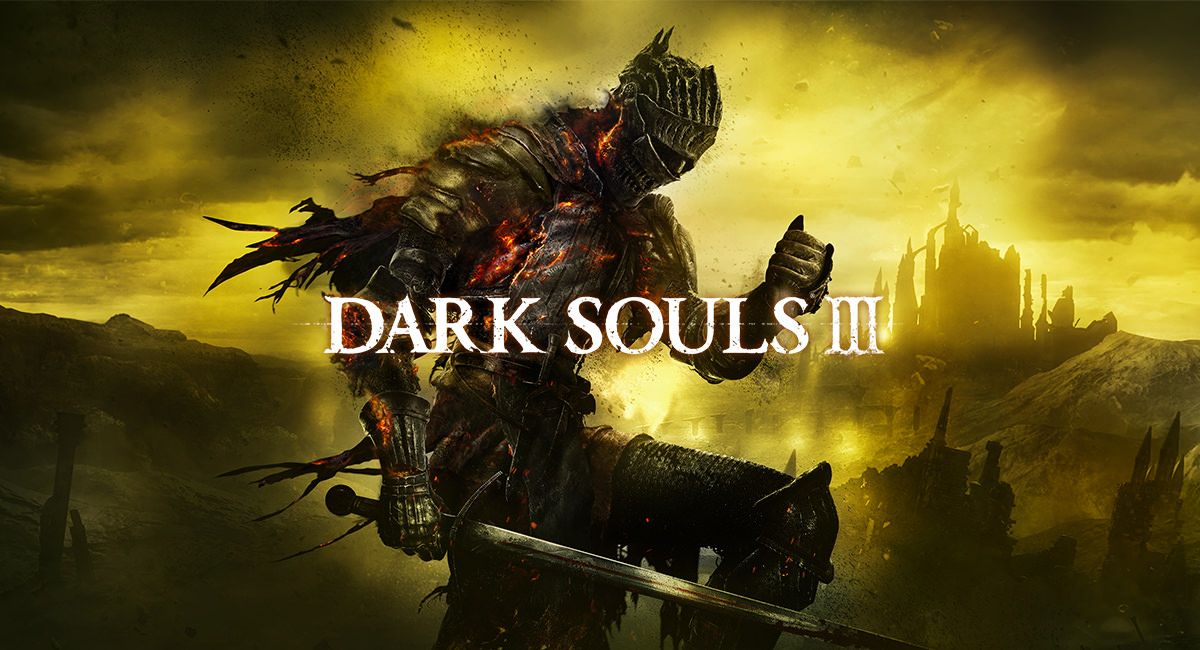Thank you for supporting our journalism. This article is available exclusively for our subscribers, who help fund our work at the Chicago Tribune.
The Wauconda Village Board unanimously approved an ordinance that will raise the municipality’s annual video gaming license fee tenfold, to $250 per machine.
The change raising the fee from $25 per machine also becomes part of the liquor license renewal process for establishments with video gaming, and will be reflected in applications being sent out by the village this month.
“There were a total of 115 terminals counted in Wauconda as of the end of January, and they are placed in different establishments such as bars, restaurants and one gas station,” Village Administrator Allison Matson said. “Revenues from the fee increase will go directly into the general fund, and it supports our police department, public works, and community development.”
The measure comes on the heels of an amendment to the Public Gaming Act, passed by the state legislature and signed into law in December. It allows non-home rule communities such as Wauconda to increase their license fees.
Having “home rule” affords greater legislative powers on local matters to a municipality with a population of more than 25,000 people, or that has voted for the designation.
Other county non-home rule communities have enacted similar local ordinances since the state amendment was adopted.
“This change allows us to increase the fee, and it’s a small percentage overall,” Matson said. “In the last renewal period, the village received $2,800 in video machine gaming fees. The increase is expected to generate an additional $28,750 with the current number of terminals.”
Village finance director Tom Lyons supplied an analysis through Jan. 31 showing the average net income per terminal, after taxes, is $30,360. The higher fee represents less than 1% of a terminal’s projected income for the licensee.
The new statute permits the operator and the licensee to split the licensing fee on a 50/50 basis. However, the village will not intervene on the payment method and only issue the license when the $250 amount is paid in full. The term of the license is one year, and takes effect May 1. The date coincides with the start of the village’s 2022-2023 fiscal year, which runs from May 1-April 30.
“We have a lot of needs for funding our operations to benefit the residents and the businesses of our community,” Matson said.
CONNECT
TRIBUNE PUBLISHING
COMPANY INFO
Copyright © 2022, Chicago Tribune










